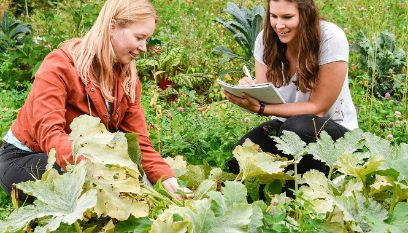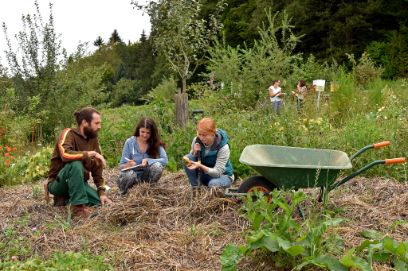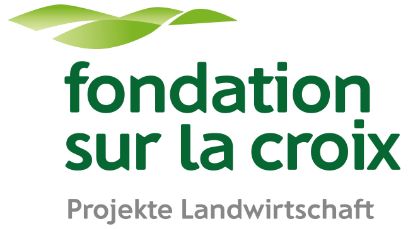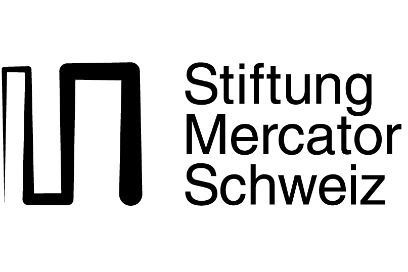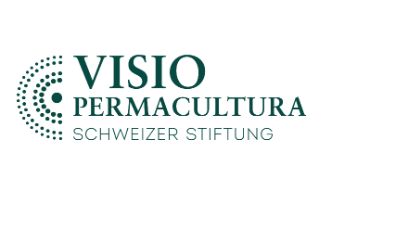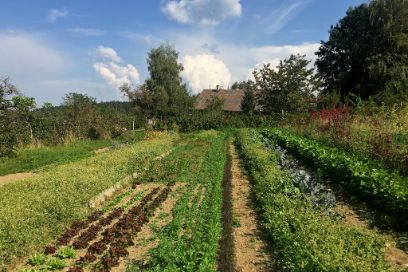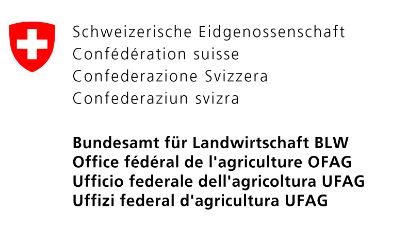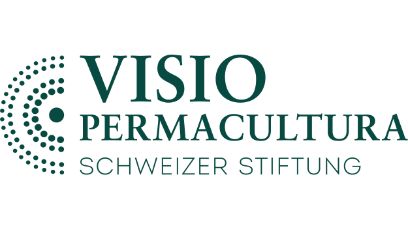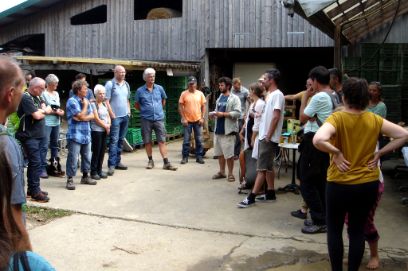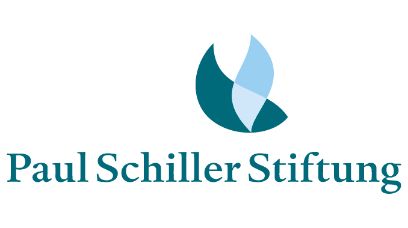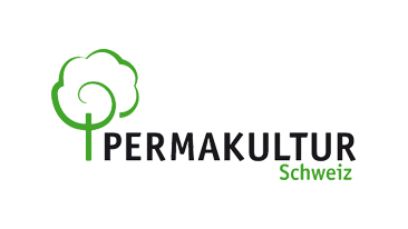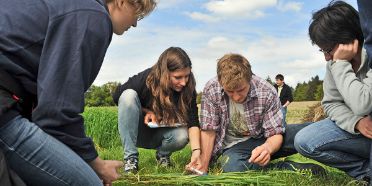Pioneer farms in the region have been successfully cultivating existing permaculture areas for several years or are planning initial permaculture elements on their land. The BFH-HAFL Plant Protection and Agroecology Research Group has been supporting a group of these farms since the beginning of 2020. They aim to assume an advisory role in the planning and implementation of permaculture systems or individual permaculture elements, and to investigate both the economic viability of the farms and the effects of permaculture on the environment.
For this latter purpose, two types of insect monitoring are being carried out. Firstly, flying insects are caught with landing nets and the species composition evaluated. This enables us to test the hypothesis that permaculture systems lead to an increase in beneficial insects and a decrease in harmful insects over time. Secondly, ground beetles are caught and the population composition evaluated. Ground beetles are described as bioindicators because they react very quickly to changes in habitats and thus reflect environmental conditions. Here, too, we are investigating whether an increase in species occurring in intact systems can be observed.
Soil monitoring (spade samples, composite samples with subsequent analytical tests in the laboratory) is used to investigate the extent to which soil-building management affects individual soil parameters such as humus content or nutrient stocks. In addition, operational data from the individual farms are evaluated to obtain key economic indicators, such as labour and land productivity, and assess the management of permaculture systems according to economic criteria.
This project aims to investigate, for the first time in Switzerland, the effects of managing farms according to permaculture principles and the potential of permaculture for Swiss agriculture.
Period (planned): 01.04.2020 - 31.12.2025
